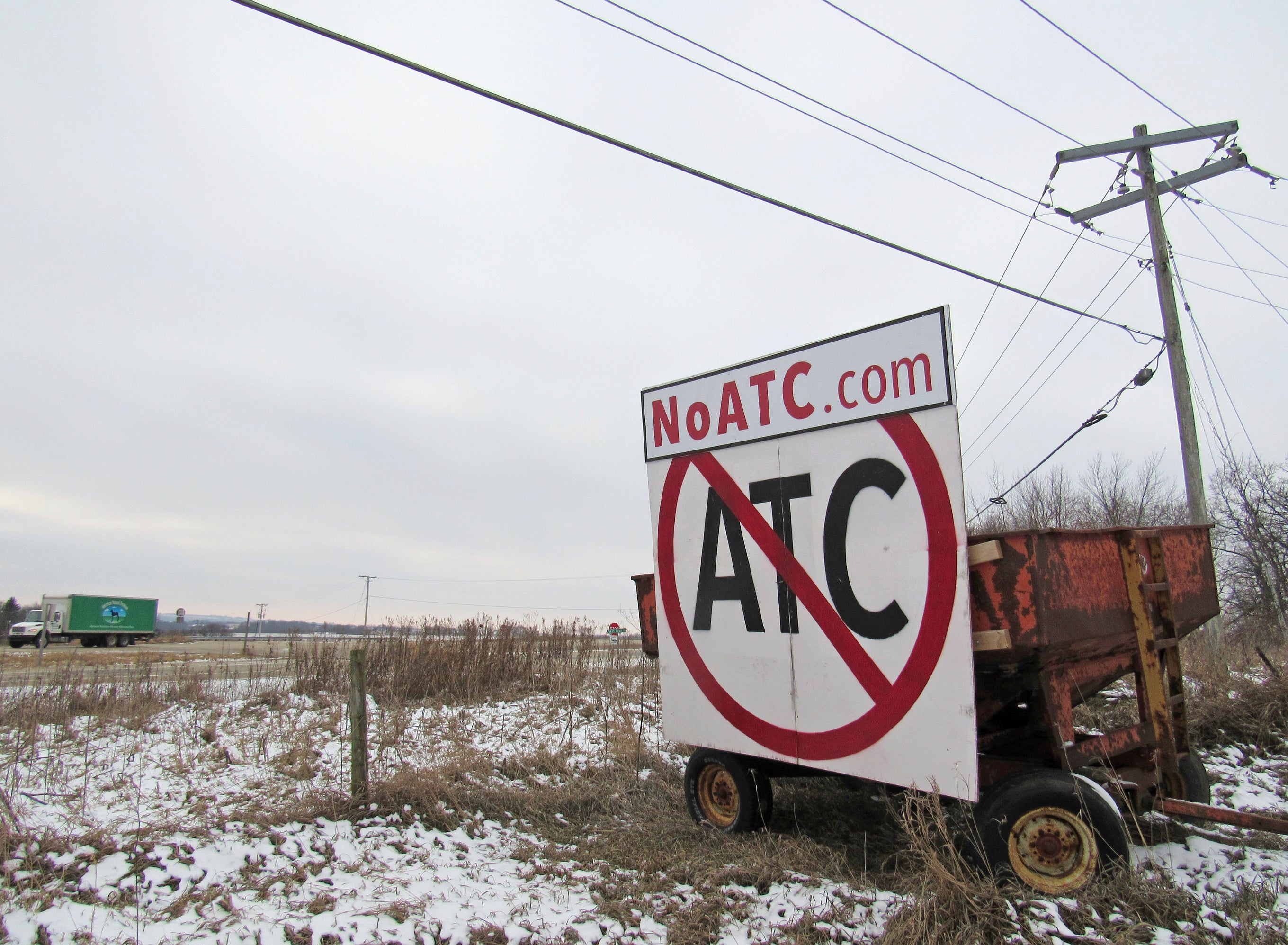Federal judge temporarily blocks plans for a power line in Mississippi River wildlife refuge
A federal judge has temporarily blocked plans to build a high-voltage power line across a Mississippi River wildlife refuge

Your support helps us to tell the story
From reproductive rights to climate change to Big Tech, The Independent is on the ground when the story is developing. Whether it's investigating the financials of Elon Musk's pro-Trump PAC or producing our latest documentary, 'The A Word', which shines a light on the American women fighting for reproductive rights, we know how important it is to parse out the facts from the messaging.
At such a critical moment in US history, we need reporters on the ground. Your donation allows us to keep sending journalists to speak to both sides of the story.
The Independent is trusted by Americans across the entire political spectrum. And unlike many other quality news outlets, we choose not to lock Americans out of our reporting and analysis with paywalls. We believe quality journalism should be available to everyone, paid for by those who can afford it.
Your support makes all the difference.A federal judge has temporarily blocked plans to build a high-voltage power line across a Mississippi River wildlife refuge, saying he wants to see documents detailing the lead-up to the project's approval.
U.S. District Judge William Conley issued a preliminary injunction on Thursday preventing American Transmission Company, ITC Midwest and Dairyland Power Cooperative from beginning construction on a one-mile portion of the Cardinal-Hickory Creek transmission line that would cross the refuge. He extended the injunction indefinitely following a hearing in Madison on Friday morning.
The 345-kilovolt power line would run 102 miles (164 kilometers) between Iowa's Dubuque County and Wisconsin's Dane County. A section of the line would cross the Upper Mississippi River National Wildlife and Fish Refuge near Cassville, Wisconsin.
The refuge serves as a haven for fish, wildlife and migratory birds that use it as breeding grounds. It is the only stopping point left for many migratory birds that use the Mississippi Flyway. Conservationists fear the transmission line will damage the refuge and have been working for years to stop the project in court.
The National Wildlife Refuge Association, the Driftless Area Land Conservancy and the Wisconsin Wildlife Federation filed a federal lawsuit earlier this month. The groups allege the U.S. Fish and Wildlife Service issued final approvals for the refuge crossing in February without giving the public a chance to comment. They also argue that the agency and the utilities improperly reached a deal calling for the utilities to transfer about 36 acres (15 hectares) south of Cassville to the refuge in exchange for 19 acres (8 hectares) within the refuge for the power line.
The conservationists told the judge they needed an injunction quickly because the land deal was set to close Friday and the utilities have already positioned construction equipment on the edges of the refuge.
Attorneys for both sides sparred for about 90 minutes in front of Conley on Friday morning.
The conservationists' lawyer, Howard Learner, told Conley that FWS released final documents this past February that found the land deal would have no significant impact on the refuge without offering the public a chance to comment on it.
He also argued that FWS never considered whether the power line would be a compatible use for refuge land as required by the 1997 National Wildlife Refuge System Act.
Reade Wilson, a U.S. Department of Justice attorney representing FWS, countered that the conservation groups commented on an environmental assessment of the project released in September and the agency was under no obligation to open up the no-impact finding for public comment. She went on to contend that the compatibility test doesn't apply to a land exchange. Conley seemed incredulous, saying she was asking him to ignore that a power line would be running across the land.
In the end, Conley said he would extend the injunction until the parties provide him with a more extensive record of what steps were and weren't taken during the run-up to the final approval in February. He said once the record was made available, the attorneys would have 30 days to submit briefs.
Outside of court, Learner said the conservationists were pleased to see Conley extend the injunction.
Wilson didn't immediately respond to an email sent after the hearing requesting comment. Rod Pritchard, a spokesperson for ITC Midwest, called the injunction extension disappointing.
He pointed to a news release ITC Midwest and Dairyland Power released on Thursday saying the line is crucial for getting more electricity from renewable sources to market and the land exchange would add high-quality wildlife habitat to the refuge.
Katie Thomson, a spokesperson for Dairyland Power, and ATC media officials didn't immediately respond to emails sent after the hearing seeking comment.